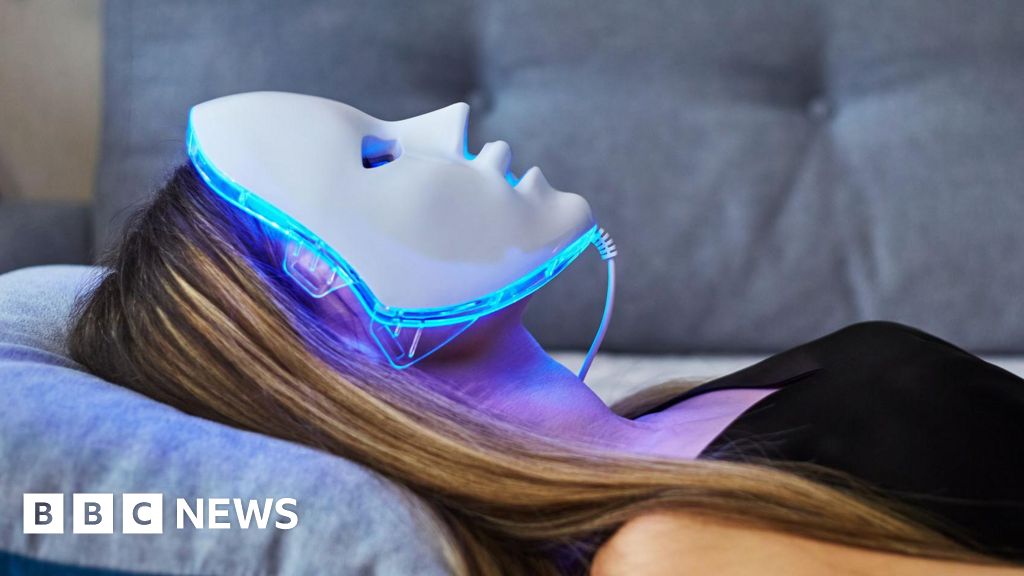Introduction to LED Face Masks
A series of advertisements for LED face masks have been banned for making unauthorized claims that they can relieve acne and rosacea. The popularity of at-home beauty devices has skyrocketed in recent years, with social media feeds abuzz with influencers unboxing the masks and calling them the latest skincare trend. However, dermatologists disagree about whether light-emitting diodes (LED) in home masks can deliver the same results as medical devices used in clinics.
The Issue with LED Face Masks
The advertising regulator banned advertising for cosmetic products that were not registered with the medicines authority. LED therapy is believed to stimulate cells and improve skin. However, devices must be registered with the Medicines and Healthcare products Regulatory Agency (MHRA) to make medical claims about skin conditions such as acne and rosacea. There are currently no LED face masks registered with the MHRA.
Lack of Clinical Studies
Dermatologists previously stated that there were no clinical studies with sufficiently large sample sizes over a long enough period of time to know the benefits of LED masks for home use. The Advertising Standards Authority (ASA) used AI to search for ads that might be breaking the rules, and the bans followed that search.
Banned Advertisements
An ad on a website showed before-and-after pictures of a woman’s forehead with and without acne, with the words, "By the third week my acne was gone." The ad stated that the mask "treats acne" and provides "83% improvement in acne lesions in four weeks." The ASA said that no medical claims could be made for the product, whether or not such claims appeared in customer testimonials.
Company Responses
The company behind the ad said it removed potential medical claims related to "healing," "acne treatment," and "rosacea." It also said they had changed the ad so that all references to acne in before/after photos and reviews were testimonials based on personal experience. Another company, Silk’n, admitted that the term “acne” constituted a medical claim and said the ad was created by a woman after wearing the mask for a long time and that the wording reflected her individual perceptions and results.
Other Banned Ads
Other banned ads include one for a RejuvaLux mask that states: "This mask provides targeted solutions for…acne…rosacea." The company behind this ad said it will not make any future claims regarding the treatment or prevention of any medical condition. A paid social media ad for a mask from another company was also banned after it said: "It helps fight everything from acne… with clinical precision."
Importance of Advertising Regulation
The ASA’s representative said that advertising can "have an impact on what people buy" so it is "important that advertisers do not blur the line between cosmetic benefits and medical claims". She said advertisers “must have evidence to back up any claims they make in their ads.” She said the advertising ban was part of her work to protect vulnerable people who are “looking for real solutions to medical problems”.

